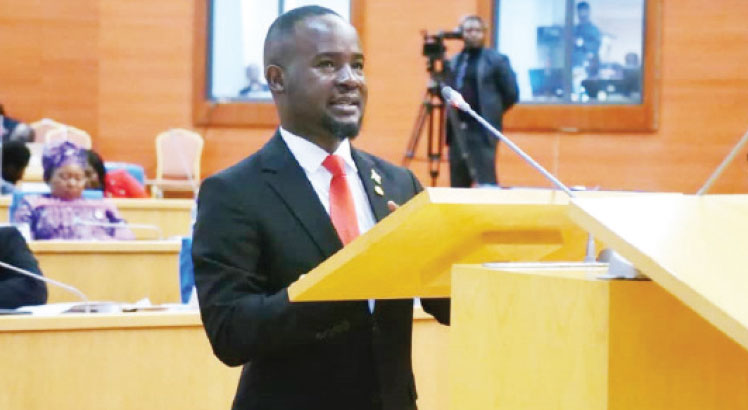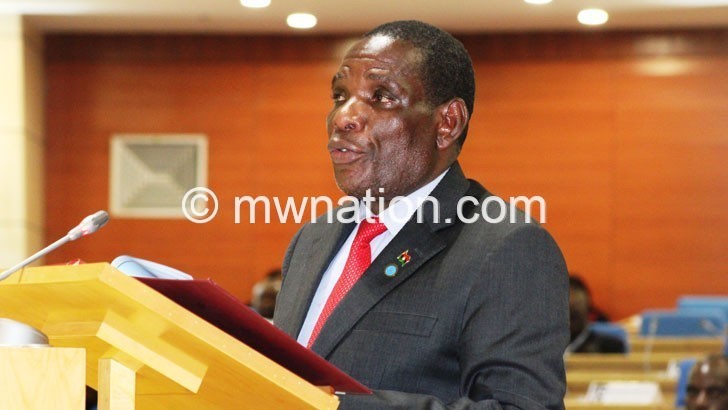Malawi GDP per capita slumps 20%

Malawi’s gross domestic product (GDP) per capita—an approximation of the value of goods produced per person in the country—often considered an indication of a country’s standard of living, dropped by over 20 percent in 2013 compared to last year’s average.
Figures from the Reserve Bank of Malawi (RBM) indicate that in dollar terms, Malawi’s GDP per capita fell by 21 percent to $295 (K132 750) in October from $375 (about K168 750) in October 2012, a reflection that poverty levels in Malawi continue to worsen.
However, the RBM figures indicate that GDP at current market prices in kwacha terms rose by 32 percent to K1.9 trillion in October 2013 compared to last year.
This was offset by the fall of the kwacha and an increase in population. Malawi’s population rose by about three percent to 15.3 million in the period, according to the figures.
University of Malawi’s Chancellor College professor of economics Ben Kalua said Malawi’s change in GDP on current prices is not impressive.
He noted recently that population growth must be considered; otherwise, GDP growth might mean nothing on an individual basis.
Economists argue that for a country to experience meaningful economic growth, annual GDP has to expand for at least six percent or more for a number of years.
Since 2007, Malawi’s GDP per capita stood at $285 (K128 000), peaked $501 (K226 000) in 2011 before falling to $375 (K168 750) in 2012.
Recently, CNNMoney based on the International Monetary Fund (IMF) ranking said Malawi was one of the five worst economies in 2013.
The report estimated that Malawi has an average income of $215 while around half of the country’s mostly rural population live on less than one dollar (K450) a day.
The 2013 Human Development Report (HDR) released in March said that Malawi marginally improved, indicating that its gross national income (GNI) per capita rose to $774 (K348 300) up from $753 (K338 850) while life expectancy at birth rose to 54.8 years up from 54.2years.
The Monetary Policy Committee (MPC) convened by the RBM has noted that although real GDP growth for 2013 is estimated at five percent, there are downward risks emanating from agriculture and mining.
The MPC further noted that the economy faces constraints from the recent cashgate which has resulted in the postponement of donor aid disbursements.
On November 7, Malawi’s major donors under the Common Approach to Budget Support (Cabs) withheld $150 million (K60 billion) due to financial mismanagement that has rocked the Capital Hill.





